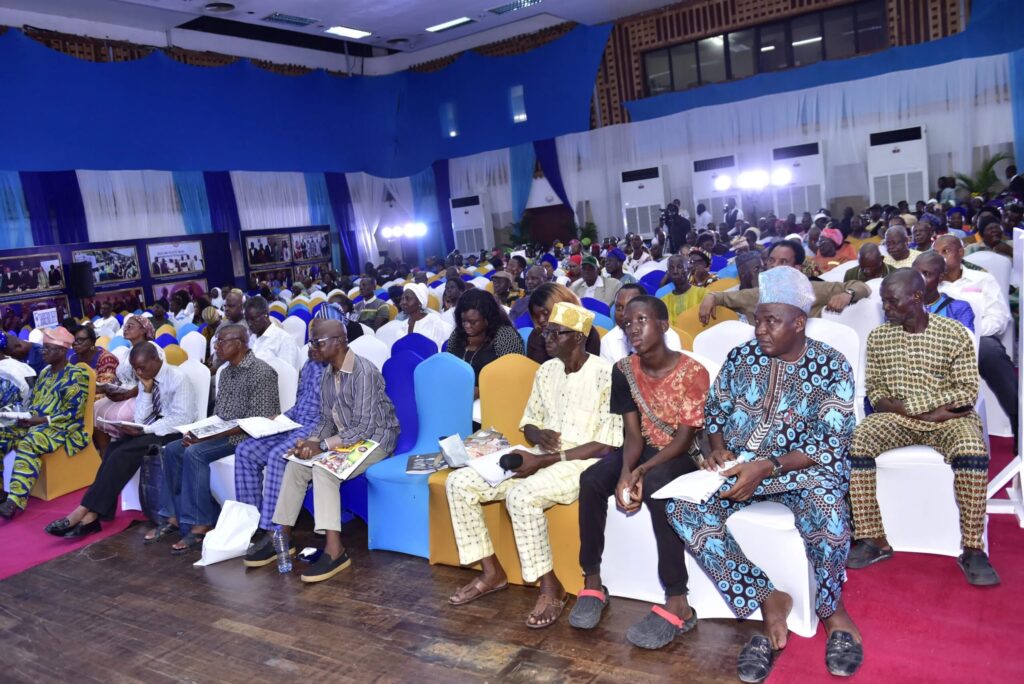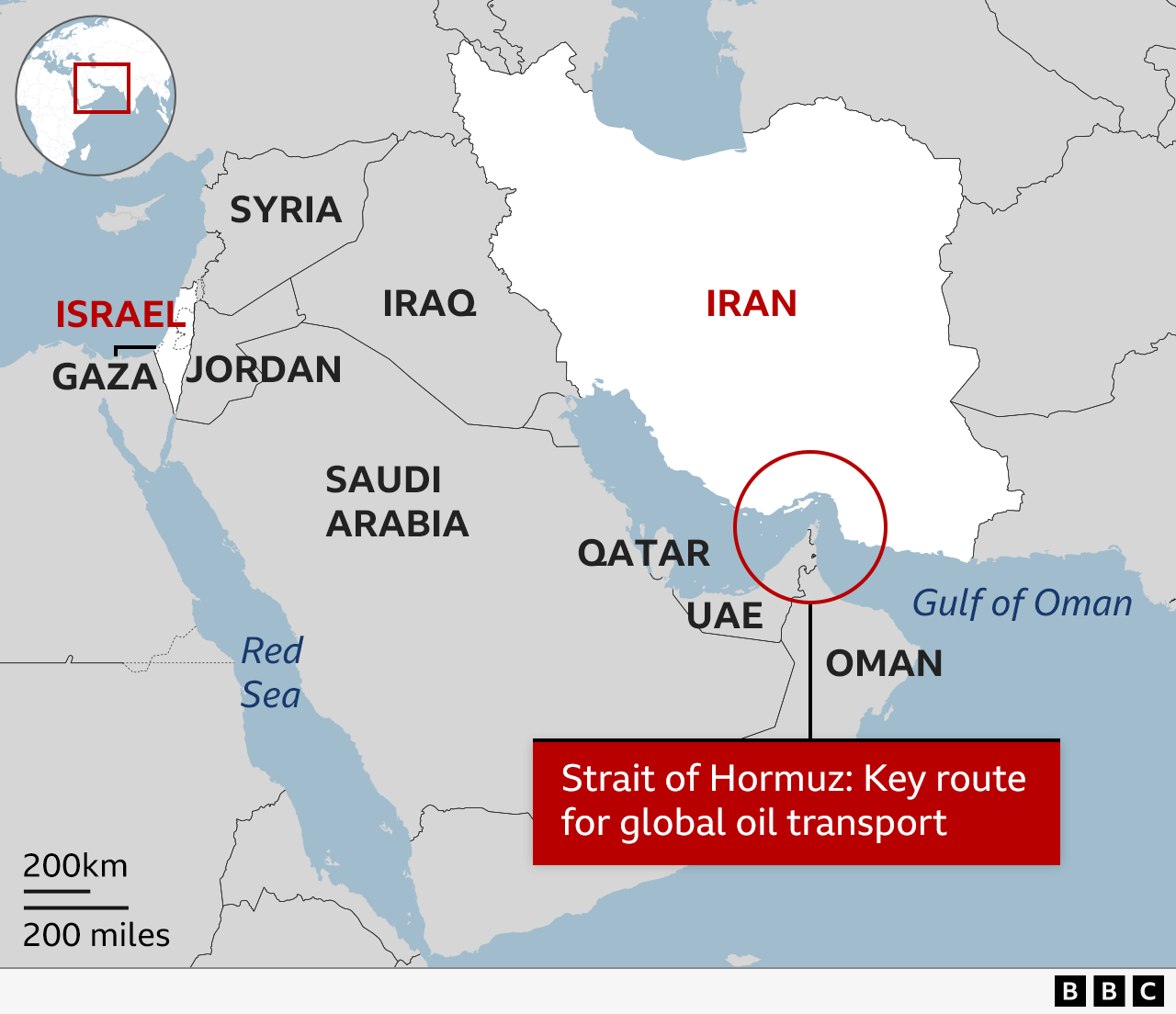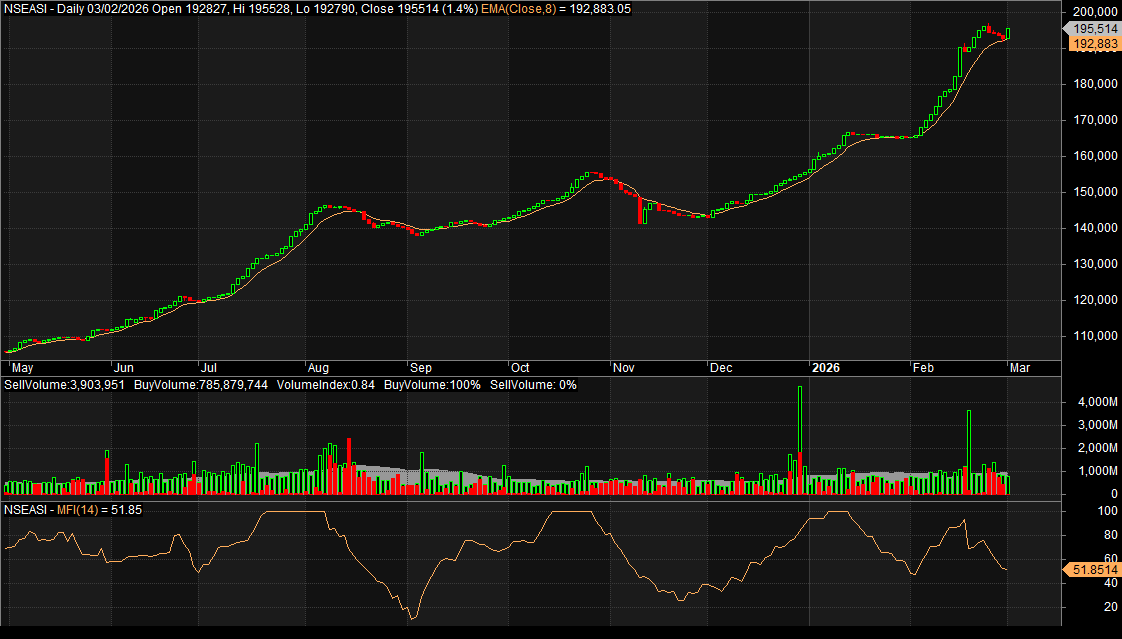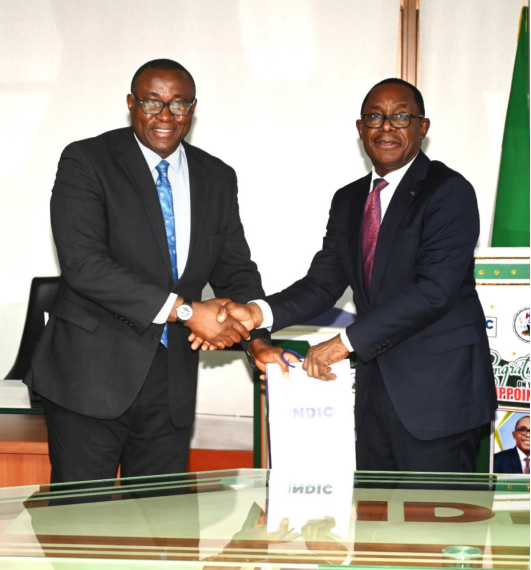
Members of the Independent Shareholders Association of Nigeria (ISAN), at the weekend expressed disappointment and condemned in strong terms the recent legislation by the National Assembly mandating the transfer of all unclaimed dividends from company registrars to the Central Bank of Nigeria (CBN) for management.
The group in a statement by Moses Igbrude, its National Coordinator, called for reform, rather than confiscation, and “that efforts should focus on reforming the claims process at the registrar level through technology, public education, and standardization — not through centralization and state seizure.”
ISAN, therefore, urged President Bola Ahmed Tinubu to withhold assent to this bill.
However, where it has already been signed into law, the statement demanded an immediate suspension of its implementation, pending a judicial review.
Already, ISAN said it is mobilizing legal resources to challenge the law, which it decried as “unconstitutional, unjust, and economically detrimental,” in court, describing the move as “a gross violation of shareholders’ rights, a betrayal of investor trust, and a dangerous precedent that threatens the sanctity of private property and capital market integrity.”
Specifically, ISAN said the legislation is a violation of ownership rights, insisting that “unclaimed dividends are not government revenue. They remain the legal property of individual investors and their heirs, regardless of the time elapse.”
The attempt to centralize and manage such funds under CBN control, it added, is a form of indirect expropriation, besides undermining market confidence in Nigeria’s capital markets at a time when local and international investors need assurance that their returns will be protected, and not confiscated under state pretexts.
Moreso, the group regretted the lack of broad consultation with stakeholders such as shareholders, registrars, and other capital market players in a public hearing before the bill was passed, in what it lamented “reflects a disturbing disregard for participatory governance and due process.”
Worse still, ISAN said there are yet no clear frameworks for how the CBN will “manage these funds, what returns will be offered to rightful owners, or how and when claims will be honored. This is a recipe for bureaucratic mismanagement and corruption.”
It warned that the decision could be counterproductive to financial inclusion, stressing that rather than simplifying the process for shareholders to recover the unclaimed dividends, “this law adds another layer of opacity and complexity, especially for rural and aging investors who already face hurdles in reclaiming dividends.”
The statement called on all to join it in rejecting this injustice, because dividends are the right of every shareholder, not a government fallback fund, adding that “the future of Nigeria’s investment climate must be built on fairness, property protection, and inclusive growth — not arbitrary power grabs.”













